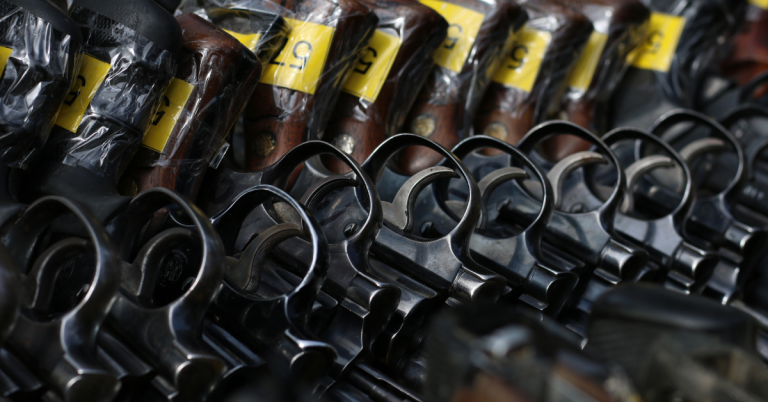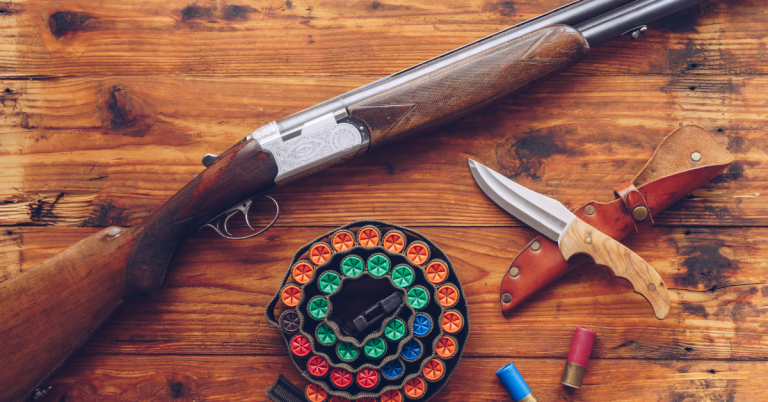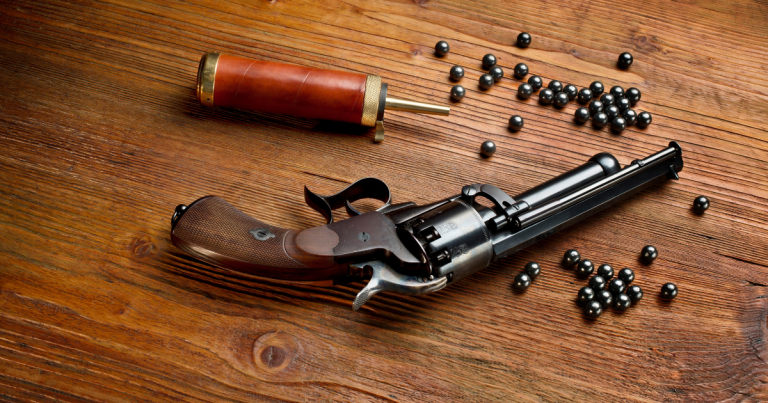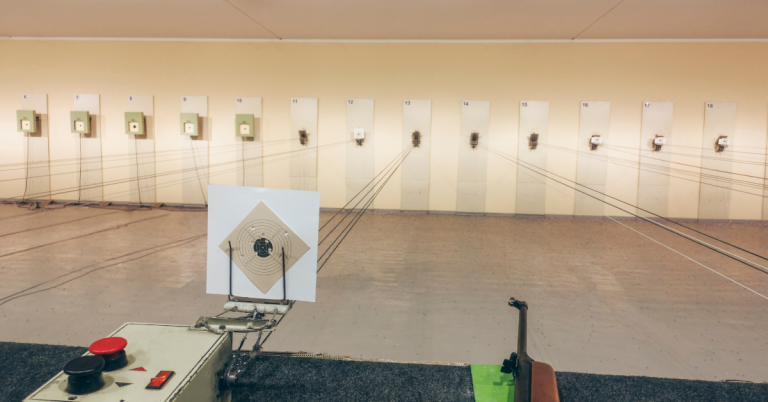How Responsible Air Rifle Hunting Can Benefit Ecology?
Hunting, often seen as a controversial topic, can play a significant role in conservation and wildlife management when practiced responsibly. This blog post explores how ethical air rifle hunting can contribute positively to ecological balance and conservation efforts.
Understanding the Role of Hunters in Conservation
Hunters as Conservationists: Responsible hunters are among the first to stand up for wildlife conservation. By adhering to regulations and supporting habitat protection, they help ensure sustainable wildlife populations.
Funding for Conservation: License fees and taxes on hunting equipment provide essential funds for wildlife research, habitat conservation, and anti-poaching efforts.
Population Control: Hunters help maintain healthy wildlife populations by preventing overpopulation, which can lead to starvation and disease spread among animals.
The Case for Air Rifle Hunting
Precision and Ethics: Air rifles offer precision, allowing hunters to make clean and humane shots that minimize suffering. This level of control is crucial for ethical hunting practices.
Low Impact: The use of air rifles is less disruptive to the environment compared to traditional firearms. They produce less noise, reducing stress on wildlife and maintaining the tranquility of natural habitats.
Accessibility: Air rifles are accessible to a wider range of people, including those in urban areas where firearm use is heavily regulated. This accessibility encourages more people to participate in and support conservation efforts.
Wildlife Management and Ecological Balance
Selective Hunting: Air rifle hunters can selectively target invasive species or overpopulated animals that threaten ecosystem balance.
Natural Balance: By removing sick or weak individuals, hunters can promote a stronger gene pool, leading to healthier wildlife populations.
Habitat Protection: Hunters often advocate for the preservation of natural habitats, understanding that their hunting practices depend on thriving ecosystems.
Conclusion
Responsible air rifle hunting, when conducted ethically and in accordance with conservation principles, can be a valuable tool in wildlife management and ecological preservation. It’s a practice that, if embraced and regulated properly, can ensure the health and diversity of our planet’s ecosystems for future generations.
Remember, the key to conservation through hunting lies in education, regulation, and a deep respect for nature and its inhabitants. Hunters, as part of the broader conservation community, have a unique opportunity to contribute to the sustainability of wildlife and the environments they inhabit.
FAQs
How does ethical air rifle hunting differ from other forms of hunting?
Ethical air rifle hunting emphasizes minimal environmental impact, precision in targeting, and adherence to strict conservation principles, distinguishing it from more traditional hunting methods.
What training or certifications are recommended for ethical air rifle hunting?
Hunters are encouraged to complete hunter education programs and obtain certifications that focus on safety, wildlife laws, and ethical hunting practices.
How can hunters participate in wildlife conservation beyond hunting?
Hunters can engage in activities such as habitat restoration projects, wildlife monitoring, and supporting conservation organizations financially or through volunteer work.
What role do non-hunting community members play in conservation?
Non-hunters can contribute to conservation by advocating for environmental policies, participating in citizen science projects, and supporting sustainable practices in their communities.
Can ethical hunting practices be applied in urban or suburban environments?
Yes, with proper regulations and methods, ethical hunting can be adapted to manage wildlife populations in urban and suburban areas, often focusing on non-lethal methods or targeting invasive species.






